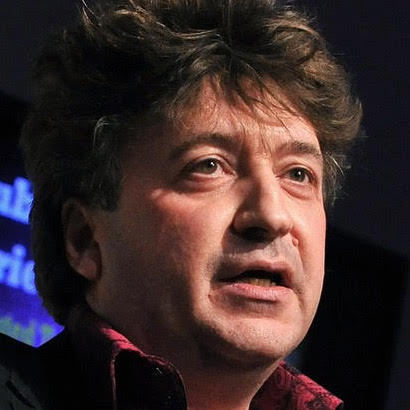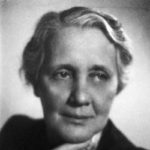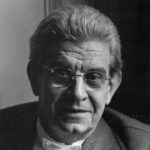Exploring the Unconscious: Arts, Science and the Humanities

- This event has passed.
Freud & Nietzsche: Eternal Return, Symptomatic Acts and the Gay Apophrades
Saturday, February 27, 2021 @ 10:00 am - 12:00 pm
The purpose of this lecture is not to show, once again, how Freud was crucially indebted to Nietzsche, how Nietzsche had anticipated Freud, or how Freud and Nietzsche arrived at the same conclusions. Instead, I will reflect upon something much more intimate than any conjunction of Freud and Nietzsche might suggest. Rather than pursuing, yet again, the question of the eternal return through a specific coordinating conjunction linking Nietzsche to Freud, I want to address its significance and its resonances by focusing on another word, which is not a conjunction but a preposition, and which signals belonging, ownership and possession. More specifically, I want to explore the relationship between Freud and Nietzsche in terms of the preposition ‘of’, as the Nietzsche of Freud, the Nietzsche who belonged to Freud, the Nietzsche Freud acquired, accepted, owned and carried with him—both literally and metaphorically. In this lecture, I shall argue that, in a literal sense, this Nietzsche who belonged to Freud was simultaneously a mysterious absence and one of the most dominant presences in his work environment. And this haunting, spectral quality of Freud’s Nietzsche subsequently returned in the metaphorical dimension of belonging, because for Freud it was almost invariably associated with a strong judgement of negation (Verneinung), a defence mechanism which he himself aptly designated in his eponymous 1925 paper as a process whereby the repressed is intellectually accepted (and rendered a right of existence at the level of speech), whilst the essence of repression itself, including its affective quantum, remains unacknowledged. Freud did not just possess Nietzsche, as an object that stands out from all the others in his collection owing to its simultaneous absence and presence, but he was also possessed by him, as an intrusive revenant whose exorcism would never be completed, and who would sometimes make his presence felt precisely in the absence of his identity. However, I shall also argue that with reference to his Nietzsche, Freud’s defence mechanism operated at the most advanced level of Harold Bloom’s famous taxonomy of ‘revisionary ratios’ in The Anxiety of Influence—that of an intellectual apophrades—with the caveat that this spectral, haunting return of the dead was neither particularly painful nor utterly uncanny, but distinctly light-hearted and gay, as Nietzsche himself would no doubt have wanted it.
SPEAKER

Dany Nobus is Professor of Psychoanalytic Psychology and the History of Ideas at Brunel University London, Founding Scholar of the British Psychoanalytic Council, and former Chair and Fellow of the Freud Museum London. Over the years, he has also been Visiting Professor of Sociology at the University of Massachusetts, Boston and Professor of Psychiatry at Creighton University in Omaha NE. He has published numerous books and papers on the history, theory and practice of psychoanalysis, most recently The Law of Desire: On Lacan’s ‘Kant with Sade’ (Palgrave 2017) and Thresholds and Pathways Between Jung and Lacan: On the Blazing Sublime (edited with Ann Casement and Phil Goss) (Routledge 2020). A new monograph entitled Freud in the Margins: Rethinking the History of Psychoanalysis is scheduled for publication in the Fall of 2021. In 2017, Dany Nobus was the recipient of the Sarton Medal of the University of Ghent (Belgium) for his outstanding contributions to the history of psychoanalysis.


